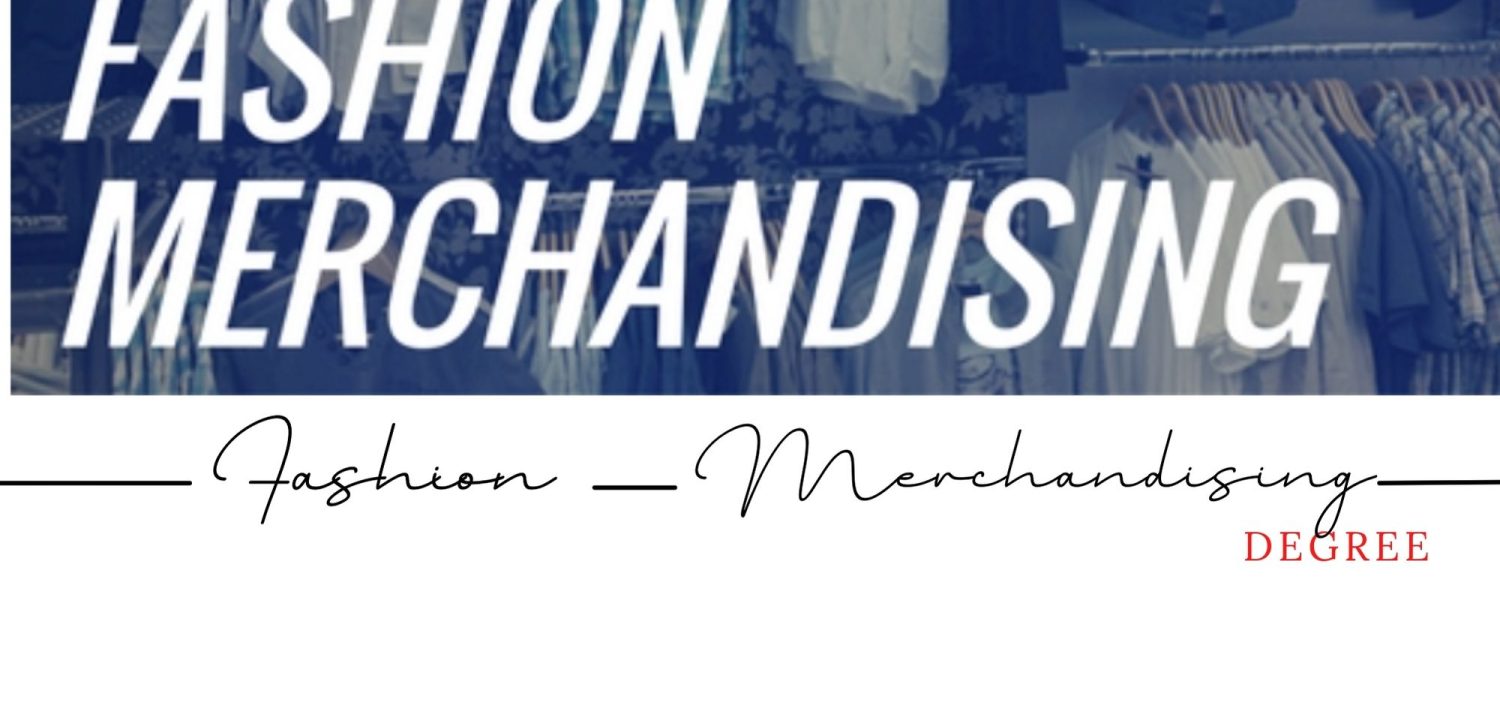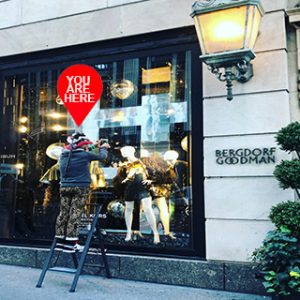What You Need To Know About Your Fashion Merchandising Degree
Fashion is constantly changing. Seasons, culture, materials and consumer behavior all influence fashion trends. An online degree in fashion merchandising will allow you to study color theory, retail operations, planning, management, and fashion marketing. You will learn how to determine which styles are most popular and how to best sell them.
As more retail and fashion businesses go online, the types of jobs that are available will change. The types of jobs available continue to shift as more fashion and retail businesses move online in response to COVID-19.
These are just a few of the many ways your Retail/Merchandising degree can help you get the job you want.
Buying/Purchasing
Potential employers include:
- Department stores
- Specialty shops (e.g. clothing, home furnishings and jewelry, books, etc
- Discount stores/mass merchants
- Grocery shops
Strategies
To analyze trends in the industry and solve problems, you will need to develop analytical and problem-solving abilities. You will need to be able to manage the day-to-day operations of a store or department (e.g. inventory monitoring).
Such skilled positions require:
- A fashion merchandising degree along with these can make you a perfect candidate:
- Excellent interpersonal – to motivate and work with sales staff.
- Strong written and spoken communication skills – required for reporting and interaction with vendors.
- Willingness to travel – to search for new products and markets.
- Ability to work under pressure.
- Extensive retail and sales experience.
These positions also call for a person with a competitive drive and the ability to understand that the goal of a buyer is to beat the profit and sales records for the previous year. As a buyer trainee, you should be prepared – this field is less populated due to mergers and acquisitions.
Management/Administration
This includes:
Management of Corporate Companies
Regional Management
- Store Management
- Manager of Store Assistant
- Store Department Management
- Employers
- Department stores
- Specialty shops
- Discount stores/mass merchants
- Grocery shops
- Dealerships (e.g., automobile, boat, etc.)
Strategies
You must be prepared to start from the bottom. Many management programs place associates on the sales floor. To be eligible for promotion opportunities, you must be willing to move. Excellent interpersonal skills are required to help customers and handle complaints. Excellent organizational skills are required to manage the day-to-day operations of a department or store.
Perfect persuasive selling techniques. Earn experience working with a commission. This field offers many opportunities.
Sales
This includes:
- Industrial Sales
- Consumer Product Sales
- Financial Services Sales
- Services Sales
- Advertising Sales
- Employers
- Non-profit and profit organizations
- Service and product organizations
- Manufacturers
- Financial companies
- Insurance companies
- Both electronic and print media
- Retail stores
To gain sales experience, you can apply for a part-time position or an intern job. These are great steppingstones to more senior positions. You will need to have excellent interpersonal skills and a commitment to customer satisfaction. To resolve customer and client complaints or inquiries, you must be able to problem solve.
Learn as much as you can about the service or product being sold. To reach sales goals and set sales records, cultivate a competitive spirit.
Leadership skills are desirable. You must be motivated and organized.
Visual Merchandising
Potential employers include:
- Department stores
- Specialty shops
Strategies
This area of fashion merchandising requires one to learn how to work with aesthetics and taste (e.g. color, lighting, etc.). You might consider adding to your interior design, art, or fashion design coursework. You will need to be able to use your mechanical skills to make props and adjust the lighting to display them.
This area is not for everyone. Designing store displays is the responsibility of many managers and product representatives. However, a degree in retail merchandising will set you in the right direction for this demanding job.
Non-store retailing
Includes:
- E-Commerce
- Catalog: Sales, Management, Fulfillment/Distribution, Production
- Direct Marketing
- Employers
- Internet retailers (e.g. Target.com
- Retailers that offer mail-order services (e.g. Spiegel, JC Penney)
- Advertising agencies
- Magazines, books, and record companies
- Television retailing networks
- Internet marketers
Additional courses in advertising, marketing, and communications will be needed to supplement your training.
You can gain sales experience in a retail or telecom marketing position. Developing strong computer skills is a must.
Small Business
Includes:
- Ownership
- Independent Consulting
- Potential employment includes:
- Self-employed
- Independent consultants are used by companies (e.g., Mary Kay Cosmetics, Tupperware)
Acquiring a deep understanding of and belief in a product or service is needed. Also consider adding courses in advertising, accounting, and computers to your supplement program.
Before starting a small business, gain extensive sales and business experience working for a retailer or company that deals with a similar product. Building relationships with potential investors, taking advantage of networking opportunities, and joining small business associations and Chambers of Commerce are all valuable.
General Information
- You can gain retail experience by working part-time, in summer, or in an internship.
- It is essential to have a good understanding of computers. Learn about technology that affects internet sales, distribution, inventory tracking, and other areas.
- Join student sections of professional retailing organizations. Learn their publications and attend their meetings.
- Keep up to date with retail trends by reading the business section in newspapers and magazines.
- You should be prepared to work weekends and holidays, which are the busiest times of year for retailers.
- Get in touch with the markets or stores that interest you. Inquire about management training programs.
- Retailers tend to promote within their own organization. Therefore, sales associate or management trainee positions can be a great place to start.
- Add-on courses in accounting, marketing, communications, and computers to your supplement program.
- Develop transferable skills associated with your degree.
- Consider other areas in your business that might offer you more opportunities.
No matter what your specific area of interest is, earning a bachelor’s degree in fashion merchandising can boost your long-term earnings and career potential.
In 2020, the median weekly earnings for bachelor’s degree holders was almost 40% higher than for workers with an associate degree. Bachelor’s degree holders earned about 67% more per week than workers with no college experience.
Other Key Terms:
- What is fashion merchandising
- What degree do you need to be a fashion merchandiser
- Highest paying jobs with a fashion merchandising degree
- What does a fashion merchandiser do
- What is fashion merchandising salary
- Types of fashion merchandising
- Fashion merchandising jobs
- Fashion merchandising and management
- Types of fashion merchandising




